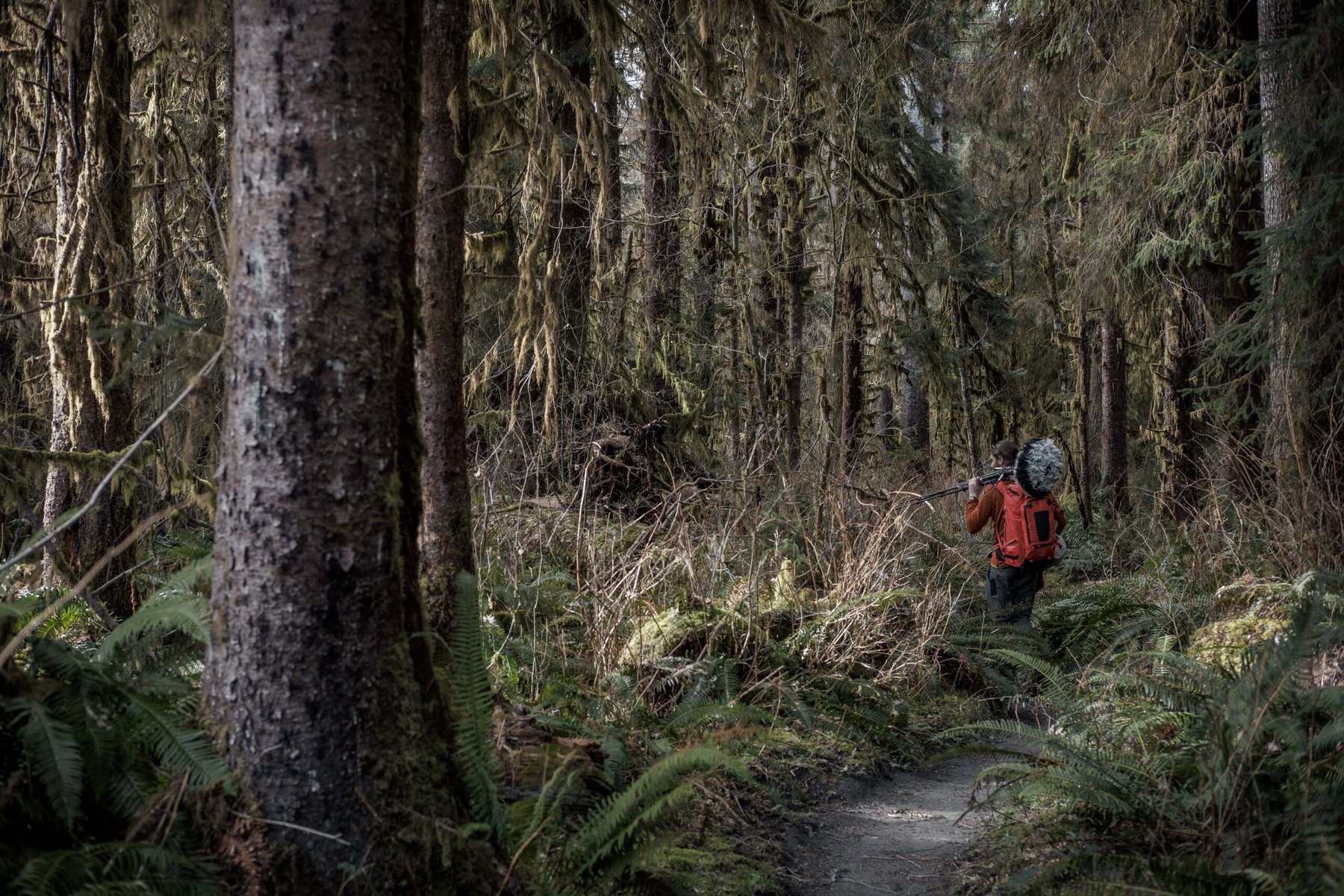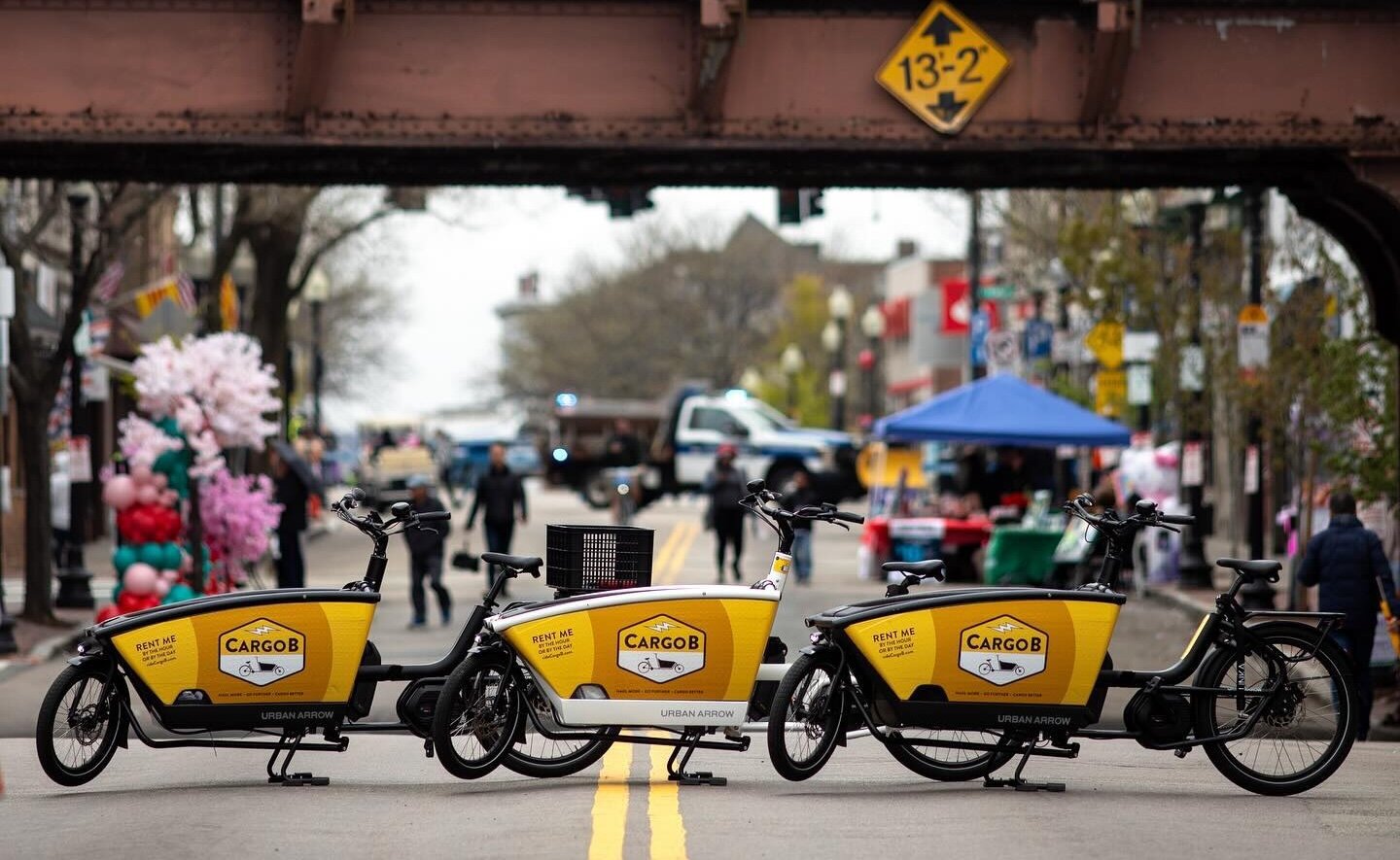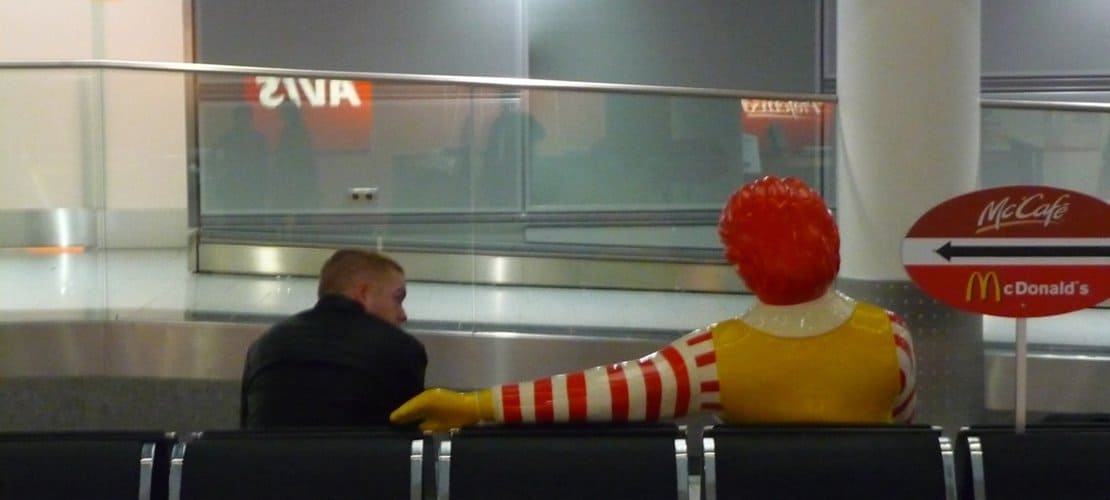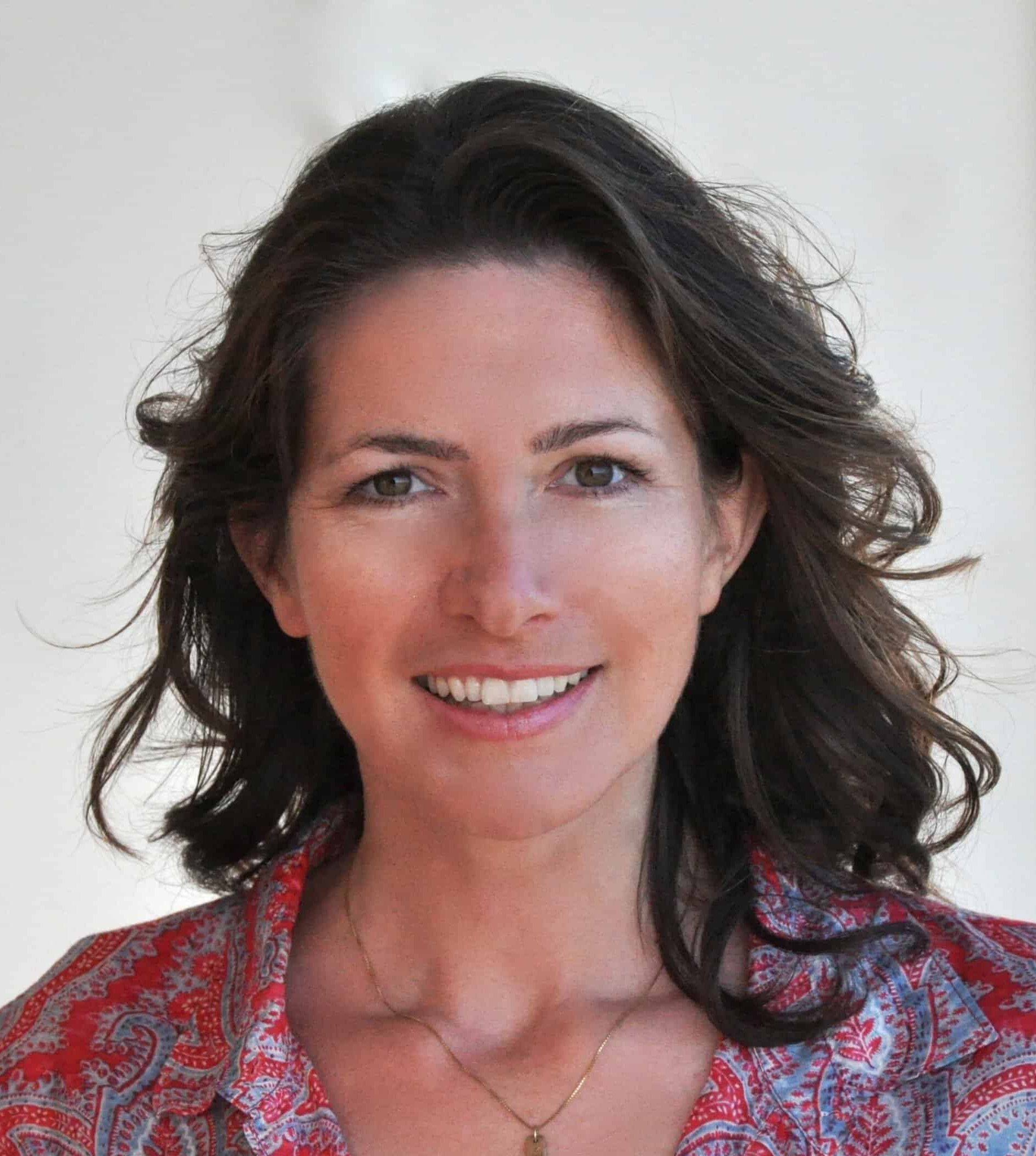In just minutes, the Life Story Club in New York City springs to life. On Zoom, a mosaic of faces — each with decades of lived experience — leans in as Bernd, a retired urban planner for the Bronx and Manhattan, recalls how the pandemic nudged him into new passions: playing jazz harmonica and taking up woodworking. “It’s a social event,” he animatedly describes his woodworking group. “We talk and sing together while we make art.”
Prompted by Ezra Guerin Gates, Life Story Club’s warm and thoughtful program manager, the conversation blossoms. The prompt: share a time when you stumbled into a new interest. Bernd’s story unlocks a floodgate — Wanda reminisces about playing the flute, Victor beams as he describes his passions for Broadway and pickleball, and Susan, an artist, recounts how a lump of clay sparked a love for ceramics so strong that her home is now filled with her creations. (To protect against elder fraud, Life Story Club shares only participants’ first names.)

The six-member group meets weekly as part of the Institute for Family Health’s community programming, connecting residents of collocated clinics and affordable housing sites. There’s a lot of laughter and affirmation, but the meetings are also medicine.
“I really do need this contact with people,” Bernd admits. “Hearing your stories — feeling connected — is so important to me. I was skeptical, especially being the only man in the group at first. But I’ve discovered we have so much in common.”
Susan nods. “I didn’t know how much I needed Life Story Club until I joined.”
Weighed down by negative news?
Our smart, bright, weekly newsletter is the uplift you’ve been looking for.Loneliness is more than a personal struggle; it’s a public health crisis. A recent Harvard study found that one in five Americans regularly feels lonely, with the number even higher among young adults and seniors. Isolation doesn’t just affect mental health; it increases the risk of heart disease, stroke, dementia and early death. And not only does loneliness shorten lives — it diminishes their quality, contributing to higher rates of anxiety, depression and suicidal ideation.
With $6.7 billion in Medicare costs linked to loneliness each year, headlines sound the alarm, yet solutions remain scarce. The NYC-based nonprofit Life Story Club offers a profoundly human response: small-group storytelling circles where older adults — many homebound or isolated — share their lives through weekly themed conversations. Whether in person, by phone or over Zoom, members laugh, cry, reflect and build lasting bonds.

Founded in 2019 by Lily Zhou, Life Story Club has grown to include 26 clubs across New York and Cleveland, conducted in English, Spanish, Cantonese and Mandarin. And it’s working: 82 percent of participants report feeling less lonely, 95 percent feel happier and supported and 100 percent report feeling a sense of community. Some say it’s the first time they’ve felt heard in years.
“I’ve seen loneliness break people, especially older adults, and our society continues to marginalize them,” says Life Story Club’s interim executive director, psychologist Jenn Wong, who previously was the inaugural director of Wallis Annenberg GenSpace and helped shape California’s Master Plan on Aging. “The pandemic showed us that no one is immune to isolation, no matter how resourced they are. So the question becomes: How do we build around that and foster real connection?”
The need for human interaction is hardwired into our biology. Study after study has demonstrated that people with strong social ties live longer, happier and healthier lives. A 2023 study from the National Academy of Sciences found that individuals with robust social networks have lower levels of stress, better immune function and even improved cognitive health.
To make the Life Story Club accessible to older adults who are the least connected, anybody can join for free, and the organization partners with community organizations like Citymeals on Wheels and other nonprofits that support older adults. But to include “the really homebound super isolated folks,” as Wong puts it, doctors can prescribe Story Rx for their patients. In partnership with health care systems like Montefiore and Cleveland Clinic, Life Story Club connects the most isolated seniors to storytelling groups as a social prescription — an innovative way to treat loneliness as the public health crisis it is. Working with health care providers has the extra advantage that “we have accurate data about measuring social belonging and connectedness,” says Wong. Overall, Story Rx reaches more than 1,200 people over 60. The facilitators are trained in emergency mental health and can connect with a health care provider if they think a participant is at risk.

Some clubs focus on a theme, for instance, in partnership with the public library, a Brooklyn group focused on music and created its own playlist. Others swap recipes or compile cookbooks. “Every club is different,” Wong shares. “My favorite is when our facilitators are tapping into the wisdom and experience of our older storytellers. One facilitator was struggling with whether to attend an event by herself, and out came these amazing stories about people overcoming their fears, including a woman named Marion who had always wanted to go to the ballet. She finally decided to take herself for her 80th birthday, got all dressed up and had a great time.”
The seed for Life Story Club was planted when founder Lily Zhou returned to China in 2018 after 11 years in the U.S.. She discovered a family tree book that traced the family lineage back to the 1600s, brimming with stories of her ancestors. “My father had lost touch with his family during Mao’s Cultural Revolution,” she recalls. “I returned to Brooklyn inspired to preserve and share the life stories of the older adults around me. These aren’t generations to be discarded — they are living legacies that must be heard, valued and celebrated.”
In high school in Beijing, she had led the Interact Club, the junior division of Rotary International, where she organized food drives, tutored children and visited nursing homes. She noticed that the signup sheet for the senior homes was always the shortest. “More often than not, I was the only one who volunteered to go,” she says. “Looking back, I think this pull toward older adults came from growing up oceans away from my own grandparents. As a child of immigrants, I longed for the stability and wisdom of an elder mentor.”
Even while working in financial research and policy in New York City, she volunteered in memory units and nursing homes. “Many of the residents were experiencing deep loneliness, spending long stretches of time without visitors or meaningful interaction,” she says. “Many couldn’t write due to arthritis or numbness, so we gathered in a circle and shared stories aloud, while I recorded [these] stories to share with loved ones. The impact was immediate. As we shared personal stories, we built bridges — laughing, crying, connecting deeply. It was clear something powerful was happening.”
Eventually, she quit her job to dedicate herself to storytelling full-time. “I traversed the city — while pregnant with my second child — running story clubs in pockets of the city that were often overlooked: in affordable housing sites, senior centers tucked into church basements and with housing-insecure older adults.”
Then the pandemic struck and the need for connection became even more urgent. “Loneliness is as damaging as smoking 15 cigarettes a day, increasing the risk of dementia by 50 percent and cardiovascular disease by 30 percent,” Zhou knows. “This is why the Surgeon General declared the epidemic a public health emergency and considers tackling loneliness the moonshot challenge of our time.”
Today Life Story Club runs programs in every borough of NYC and envisions taking the program nationwide. Seven full-time group facilitators give prompts designed to foster active listening, empathy and reciprocity, for instance: “What was the greatest historical event you lived through?” or “Did your parents have a story about you they loved to tell?”

About once every quarter, Life Story Club records stories for its public library that participants can then share with others, including their families or friends.
Back at the Institute for Family Health, the weekly group is digging deeper. Guerin Gate asks a tender question: Tell us about a time you felt lost — and then found your way again.
Wanda’s deep voice holds the room still as she recounts lying in bed for two and a half days, curled up, no physical pain, just profound grief after losing her hair from chemotherapy. Then, she turned to a porcelain doll she’d had for years — a Black doll with a serene, chunky smile. “I dressed her, gave her a mudcloth skirt and took some of the hair I had lost and put it on her,” she recounts with a smile. “That beautiful chunky smile on her face reminds me daily that it’s okay.” She ends with a song that uplifts her, “Ain’t No Stoppin’ Us Now,” the R&B number by McFadden & Whitehead.
Victor immediately chimes in with memories of learning the Electric Slide line dance, and they make plans to soon meet in person.
“My hope for all of us is to live in neighborhoods and cities where older adults are seen, heard and valued,” Zhou explains. “We all have an older adult in our lives — and if we’re lucky, we’ll grow old ourselves. My ask to others: Let’s build a world that continues to value us as we age, a world where dignity and connection have no expiration date.”











